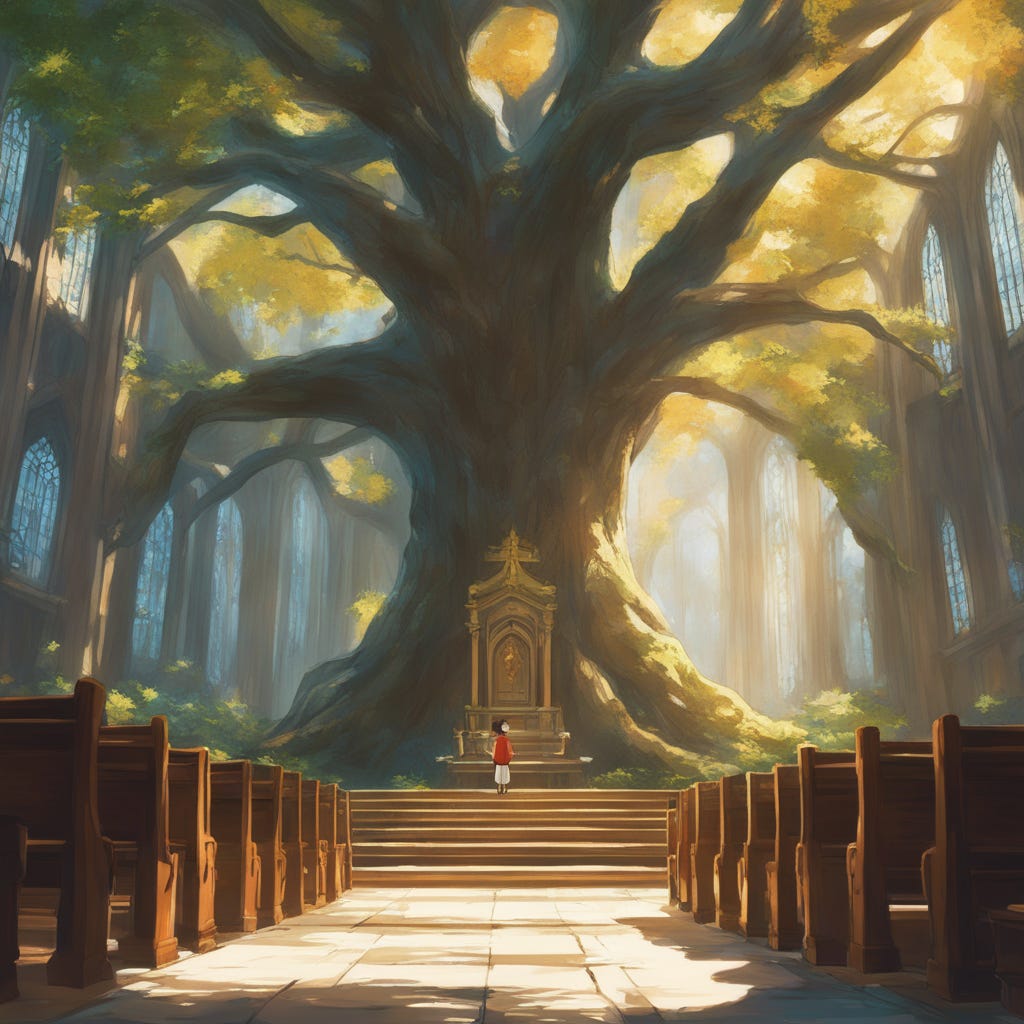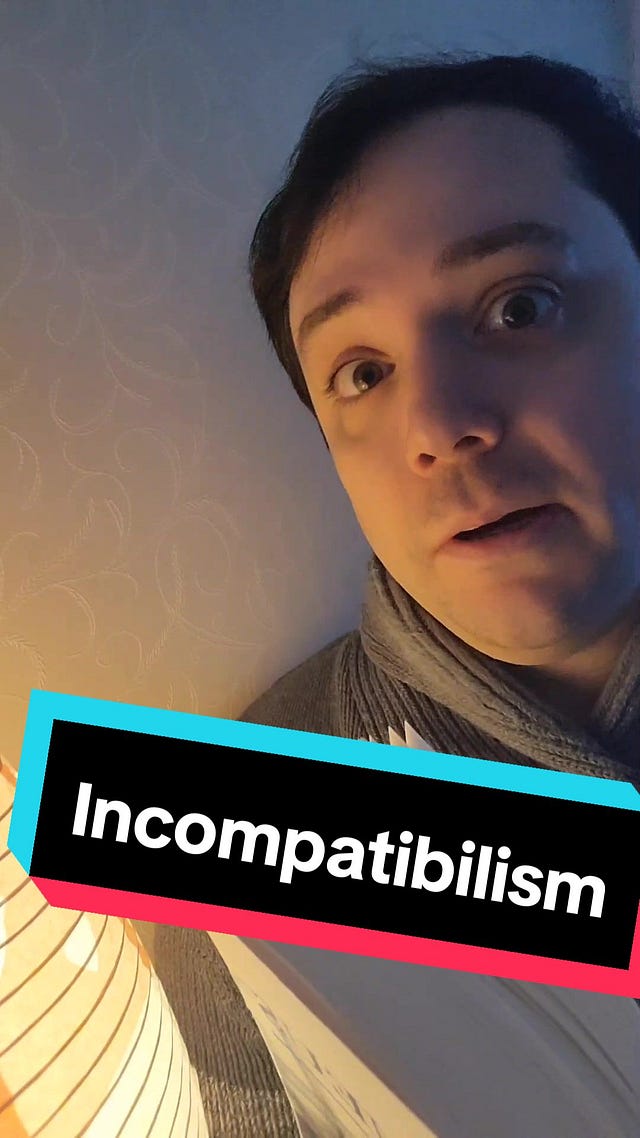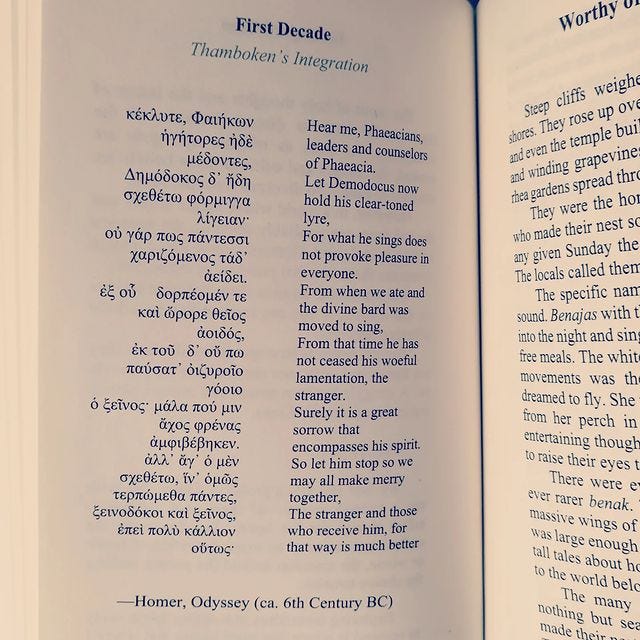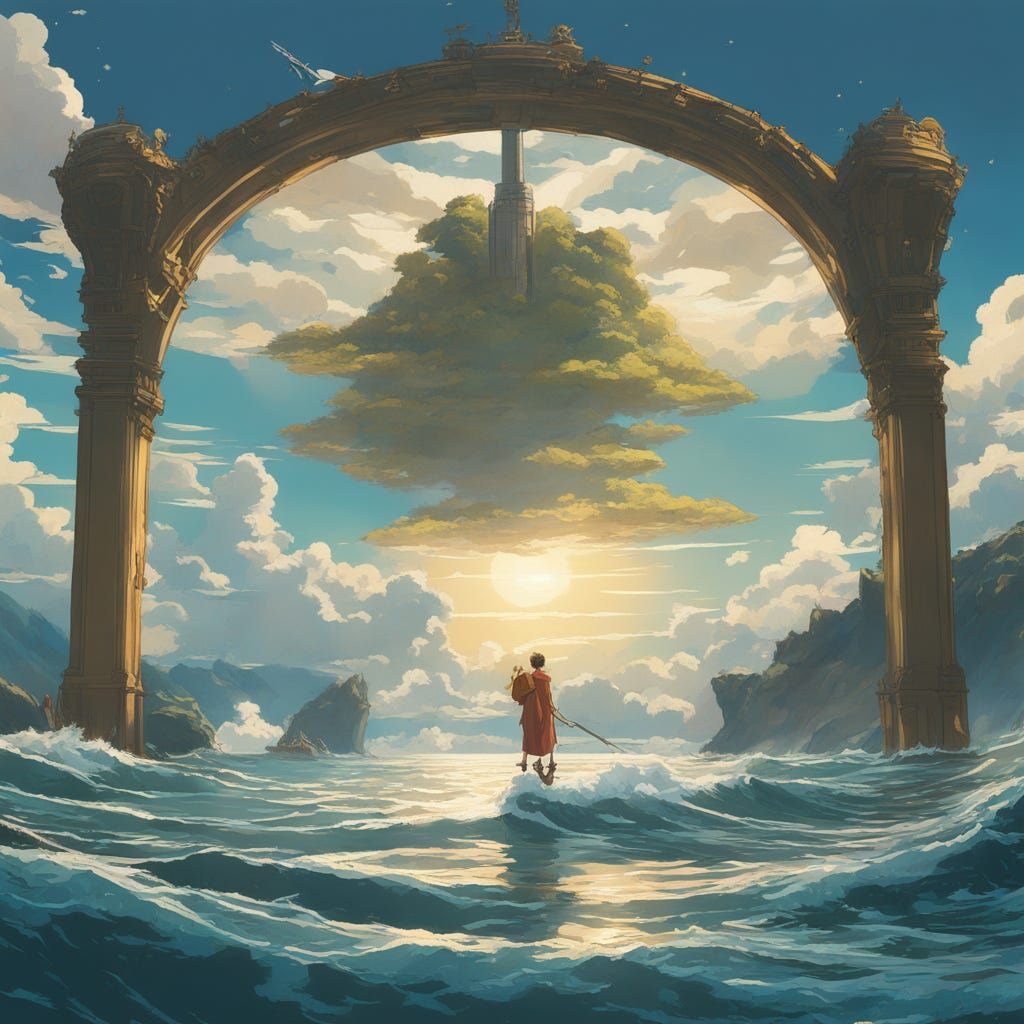Hey! Who is your favorite character?
I find myself asking that question quite often these days. Usually it’s directed at my books and my own stories, but it’s also just generally a fun thing to think about.
We interact with characters across all forms of media and storytelling. I spent some time thinking about all this when a certain Twitter trend caught my eye.
People were posting their Top 4 favorite female video game characters.
So I had to jump in too!
If you’re unfamiliar with them, my four are:
Rydia from Final Fantasy IV
Aeterna from I Am Setsuna
Iris from Iris and the Giant
Celes from Final Fantasy VI
Book II Meetup
Some of these thoughts also come up during the virtual meetup last week. There was naturally a lot of discussion around favorite characters and who was liked and who was disliked.
For anyone who has read Book II, it should come as no surprise that Lithan, son of Maneus, was among the most divisive characters.
When I began writing what would become Book II of Maneus, I didn’t really intend for him to be this intensely complex character. All I really aimed for was that his emotions felt real.
The way that plays out has his flaws fully on display. We see him at his worst as he struggles to make sense of his life and his world. On top of that, his strengths are often hidden by the more pressing issues of the narrative.
All that combines into a very specific bias against him being “heroic” or maybe even “likeable.”
Likability = Good
“I just don’t like Lithan as a person.”
—My Dad
The conversations weaved a quilt of ideas on how Lithan could or could not be considered a hero. At the end of anything resembling a consensus, my dad added this concluding statement about his personal opinion and how he simply did not like Lithan.
I believe what he was really saying was that he would never want to be friends with Lithan in real life.
Between his clear distaste for the character and his reluctance to call him a hero, my dad’s contributions made me start thinking about what exactly makes people willing to define a person as a hero.
There are certainly common elements of self-sacrifice and otherwise being a savior, but I think a key part of the equation—at least for American heroes—is that they must be likable.
I believe a hero isn’t a hero for many people unless they are charismatic, beautiful, and personable.
The kind of character your parents would be proud to see you dating.
I think valuing those qualities is a reflection of a broader obsession with public image. The perception of being a hero is more important than heroic acts themselves.
I’m okay if that’s where the dividing line for Lithan lies.
Moreover, I’m extra curious how such stern statements on how the image of a character defines the character itself will impact interpretations of Lithan’s first antagonist: Crepak.
In Book III, Lithan’s would-be wife evolves from an active agent to a passive one and from a love interest into a mother.
I’m curious to see if people can reconcile Crepak being a bad girlfriend or wife or fiancée with her being a potentially good mother to their son: Thamboken.
Incompatibilism
I begin Book III with a forward entitled Incompatibilism. This rather obscure word refers to a philosophy that logically refutes free will for certain schools of thought.
I chose the word because I thought it did a good job of opening up the transition into the new themes of Book III. Lithan tried and failed to fight his destiny. As a result, the war with Dwolmarik was postponed for another generation.
It falls upon the reluctant hero’s lineage to continue the fight and further question the inevitability of the apocalypse.
Now, I’ll be the first to admit I’m far from an expert on the philosophical implications of using such a specific term, but I liked the charismatic rhetoric of what it seemed to imply.
So, in very broad lines, Book III takes a trip to Chukari—Aubir’s homeland—and follows Thamboken’s life and heroic journey. The foreshadowing of how he can battle a god is hidden in plain sight, right in his name.
Thambos—The fact of seeing, hearing or feeling the presence of gods arises in amazement.
Kharis—A pleasure between men and gods.
In case you were wondering, I chose every name in Maneus after similar research. I wanted every character to hold meaning derived from specific languages and etymologies.
For the main family of the story that evolved from Raksa being entirely based on Sanskrit to Thamboken being entirely Ancient Greek.
Rather than listing all the vocabulary, I think it’s more fun to show where I found both Thambos and Kharis. A passage from The Odyssey that I put at the start of Book III:
Friends, Magic, and Gods
It’s probably worth explaining how I see every transition between the different Books of Maneus. Book I is a claustrophobic story that takes place entirely in one setting. Maneus and his corner store are an oasis set against an unknown chaotic world outside.
A few of the defining features of Book II are then in the way it opens up to a much more massive perspective, and introduces much more complex characters. With that wider world comes the introduction of magic, specifically the blue flower.
Book III then invites us to look into the realm of gods and the role of religion. How a human can win a war against a god.
While Book I asks relatively simple questions about the serendipity in making friends and enemies, Book II then takes that same question and places it within the frame of desire and destiny.
Finally, Book III picks up the themes again with a different context around how we define ourselves in regard to the very old debate around nature versus nurture.
Is Thamboken who he is because he comes from the family line of Maneus,
or
is he who he is because he is raised by the villain’s puppet, Kronates.
In either case, he inherits the traits of a flawed hero and takes on his family’s curse—Thamboken is destined to uphold his birthright and continue fighting in the war against Dwolmairk.
Heartfelt Struggles
I fought a hard battle with my own best intentions recently as well. Buildspace sent me an invitation to attend their second iteration of their real life school. I declined, but I wanted to go through with the application.
The process itself was an interesting exploration into how I view my own goals and ambitions.
I’m far from successful and the jury’s out on how much of a fool my writing will ultimately make me. However, what’s really waiting on the other side is yet to be fully determined.
Coming off the back of my books finally making their way to Buildspace HQ in San Francisco, there’s a certain poetic quality to how all these emotions rhyme.
I won’t be attending this time, but it’s nice to know at least a part of me is already there.
If you would like to help spread the good word further, make sure to get a copy of Maneus or Besnowed (or Revification) yourself and share my stories with anyone you think would care to listen.
Until next time.
Cheers,
John
















